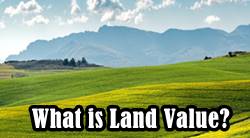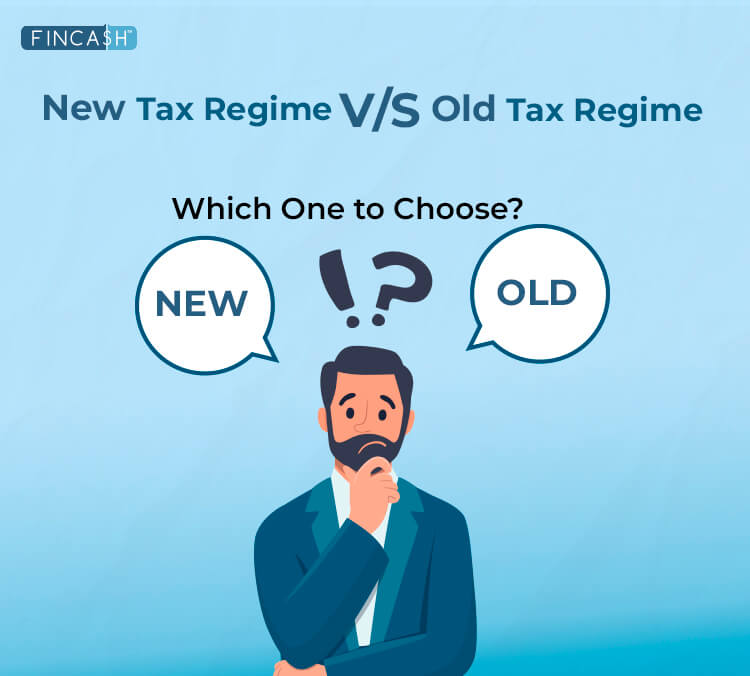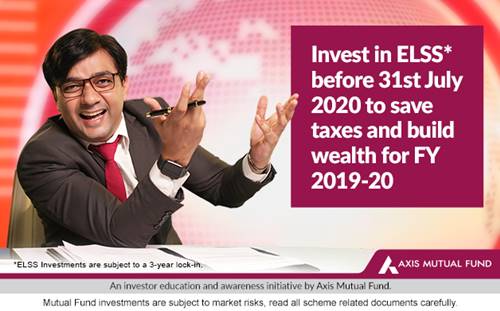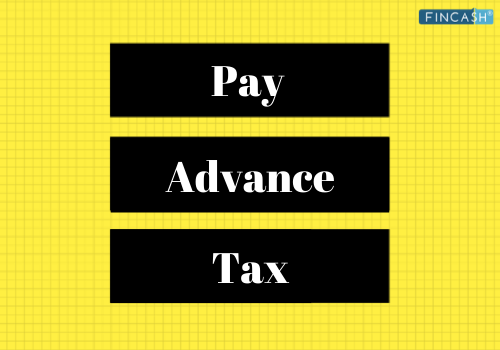Land Value Tax (LVT)
What is Land Value Tax (LVT)?
Land Value Tax definition refers to the taxation system that levies Taxes on the piece of land rather than the building sitting on this property. In other words, the LVT does not include the improvement of the property, resources, and construction. The only thing considered to determine the tax on the property is the value of the piece of land. This taxation method has been around since the agrarian societies. During that time, people wanted a taxation method that could favor the landowners.
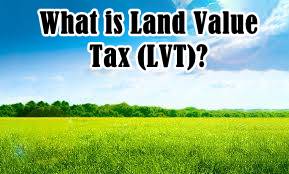
Everyone knows that the buildings and improvements have a value that changes quickly. Unlike these structures, the actual value of the land does not change dramatically. There are only a few factors that could result in the fluctuation of the value of the land. The location of the property has a great impact on its value.
LVT Example
Let's suppose, the land located in the rural area will have low value as compared to the same size of the property in the urban area. That’s because the demand for properties in the urban location is higher than the rural areas. The land has always been considered as a valuable asset that is not seen as something that a person could own. The ownership of the land passes from one generation to another. The value of the land changes dramatically when the landowner makes improvements, constructs building, and installs valuable assets on it. However, that leads to an unfair way of determining the property’s value. The modern taxation system considers your land and the assets on it as separate resources.
Talk to our investment specialist
“According to Value” Tax
Commonly referred to as the site value tax, LVT follows the “according to value” taxation system. Take the municipal land assessments, for example. These properties and the buildings sitting on the piece of land are taxed separately. If the landowner decides to renovate the property by constructing a building or adding other assets to the land, then the taxable value of this property will be changed.
The land, on the other hand, will have the same value. Even if the buildings and assets on the property lose their value, it will have little to no impact on the Land Value. The property tax you pay might be lesser in that case. However, the land tax will remain the same. Note that property value is highly volatile. It mainly depends on Market factors. Changes in the trend and the common supply and demand factors play an integral part in fluctuating the value of the property. That’s when the land value tax comes into the picture. The LVT controls the market risk by separating the property tax with the land value.
Remember that the value of your land is comparatively more stable than the value of the buildings and resources found in it. A short circuit is all it takes for your property to be burned to the ground. The next thing you know your assets and property are worthless. However, land does not lose its value that easily.
All efforts have been made to ensure the information provided here is accurate. However, no guarantees are made regarding correctness of data. Please verify with scheme information document before making any investment.
